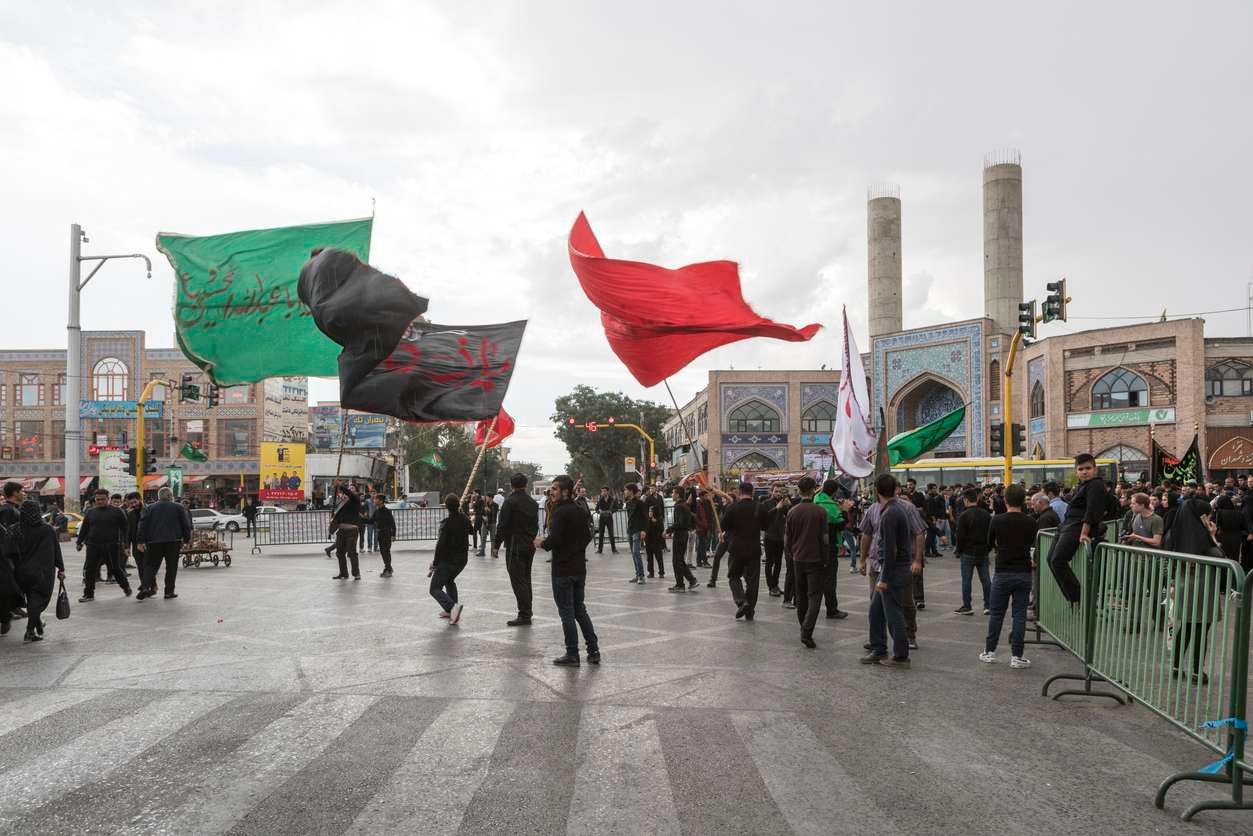[ad_1]
Q: What does it mean that Iran elected a so-called “reformist” President?
RBM: His name is Masoud Pezeshkian, and a reformist in Iran is a loose term. He is not a fan of liberalism or democracy. In the context of the clerical ruling elite, he is a reformer because of two things. Firstly, he wants a relaxation of the draconian dress code on women, and secondly, he wants to work with the West to create more economic opportunity for Iran’s disaffected youth.
Q: Why did the nation conduct this Iran election?
RBM: The previous President, Ebrahim Raisi, was unexpectedly killed in a helicopter crash during inclement weather. Foul play was not suspected. It was a big deal, in that Raisi was being groomed to be the likely replacement of the Supreme Leader, Ayatollah Ali Khamenei. And Raisi was a hardliner like Khamenei.
Q: Why did those in power allow a “moderate” to run during this Iran election?
RBM: That’s not clear, but the idea is that the regime decided to let a moderate stand because they needed some kind of turnout from the population to give a veneer of legitimacy to this election.
Q: Did they observe strong voter turnout during the election in Iran?
RBM: Not really. The first round of the Iran election saw 40% of the voting population turn out—a record low. Then the second round of the Iran election saw nearly 50% turn out; it reflects the idea that the President is unimportant.
Q: Is that true—that the President is unimportant?
RBM: Essentially, yes. Iran is a theocracy. Power is vested in the Supreme Leader, and below him is a so-called Council of Experts—six experts in Islamic law and six lawyers. They approve the candidates for national elections and have veto power over any legislation from Parliament.
Q: Can the Supreme Leader of Iran be removed?
RBM: Yes—in theory, by the Assembly of Experts—but there is no desire to get rid of Khamenei, although there are concerns over his health. He is frequently unwell, but there appears to be no cognitive decline.
Q: Are Iran’s election results unimportant then?
RBM: They are not going to change any major things. But what is interesting is that the figure of 15% was quoted a lot during the elections, and that is supposed to represent the percentage of people who support the regime.
Q: Is that a surprise?
RBM: It is surprising that the low, 15% figure was made public. Iran is full of people who despise the clerics in charge. Indeed, many futurologists have taken a bet that Iran’s Islamic regime will not survive to 2030.
Q: Is that the probable scenario?
RBM: One hopes so, but there was a famous study done about the likelihood of regime change by the scholars Steven Leviktsy and Lucan Way, and they argue that three elements need to be in place for successful regime change to occur. One is the ruling elite needs to lose its cohesiveness and be working against itself. This is not happening in Iran. Two is that a strong and coercive state apparatus begins to break down. This is not happening, either. The powerful military, the Revolutionary Guard, is firmly behind the regime. Three is that the opposition is united and organized. Alas, in Iran it is not.
If this analysis is true, there is no prospect in the near future of an overthrow of this hated clerical regime. The regime continues to survive despite the sanctions leveled against it by Western powers, because it is linked with Russia, China, and India. As a well-known Iran watcher said, “The protests of 2022, and more, will never lead to regime change until the men with guns change sides, and there is no sign of that.”
Q: What’s the status of religious liberty for persecuted Christians in Iran?
RBM: There have been recent arrests of house church leaders in Iran who, of course, are former Muslims. Eleven have been arrested in the past two months, and in June eight leaders were given prison sentences ranging from two to fifteen years. All are being appealed, however. In one case, a disciple was given ten years for “membership in groups formed within the country with the aim of disrupting national security,” and an additional five years for “propaganda against the regime through promoting Zionist Christianity.” Conversion to Christianity is seen a threat to the Islamic basis of the state.
Q: What will happen to the persecuted Christians in Iran recently arrested because of their faith?
RBM: It’s a predictable process. Some persecuted believers will simply leave Iran. When they are bailed, their passport will not be withheld; the Iranian government will be quite happy for them to go, and visa-free travel to Turkey and Armenia is possible. But normally it goes like this: A house church pastor is arrested. They spend a couple of weeks in jail and then are bailed. Six months to a year later—if they are still in country—they are tried, and invariably get a sentence in the realm of eight to ten years. However, most are released after two years.
Q: Why are persecuted Christians serving less time than their original sentences?
RBM: Because the believers convert so many prisoners to Christianity, the authorities want to be rid of them.
Q: At first glance, Iran seems like a dreadful story for persecuted Christians. Is there hope?
RBM: This is the country where literally hundreds of thousands—maybe even millions—of Muslims have become Christian. Believers grow in number because the people are fed up with the dark Islamic, killjoy blanket the clerics have spread over the society. And they see growth, hunger, and hope in the church. So keep praying.
About Dr. Ron Boyd-MacMillan
Ron is the Director of Global Strategy and Research at Global Christian Relief. A leading expert on Christian persecution, he is also the author of Faith that Endures: The Essential Guide to the Persecuted Church—the first comprehensive text on how to understand, support, and learn from the persecuted church.






